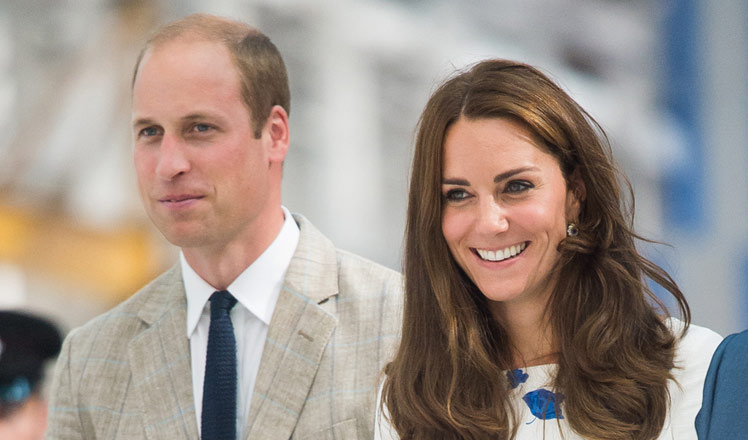Expert: G20 ushers in collective leadership
Updated: 2016-08-25 10:05
By CHEN WEIHUA in Washington(chinadaily.com.cn)
|
||||||||
The upcoming G20 summit will reflect a changing global political and economic landscape, according to a prominent scholar.
Chinese Foreign Ministry spokesman Lu Kang announced in Beijing on Wednesday the list of foreign leaders coming to the summit, from US President Barack Obama and Russian President Vladimir Putin to India Prime Minister Narendra Modi and the new British Prime Minister Theresa May.
"The G20 Hangzhou summit is expected to reach nearly 30 outcomes if all of us work together. That will make the summit one of the most fruitful ones," he told a daily press briefing.
The G20 summit, to be held in East China's scenic city of Hangzhou from Sept 4-5, will be the first hosted by China.
Cheng Li, director and senior fellow of the John L. Thornton China Center of the Brookings Institution, said that the summit is being held at a time of serious concern about a global financial crisis, including strong anti-globalization sentiment.
He noted that China has been in a good position while some major industrialized nations have been haunted by populism and an anti-globalization mood, citing the recent Brexit and the ongoing US presidential campaign being run by Republican nominee Donald Trump.
Both Trump and Democratic presidential nominee Hillary Clinton oppose the Trans-Pacific Partnership, a free trade agreement between the US and 11 other Pacific Rim countries.
To Li, major Western nations are gradually losing their edge while emerging markets, such as BRICS nations, have become increasingly active in the economic arena.
Unlike this year's G7 summit held in May in Japan, which is a club of developed nations, G20 includes major emerging markets. "This reflects the changing global political and economic landscape and the growing clout of the emerging markets," Li said.
China has been a major beneficiary of globalization and has been playing a big role in a wide range of areas, from the economic and trade sectors to finance and tourism, according to Li. "China believes that whether you want it or not, globalization is an inevitable trend," he said.
Under such circumstances, China can play an important role in such issues as poverty reduction and helping ensure financial stability and governance, according to Li.
Li described the anti-globalization sentiment now seen in some Western countries as a "brief interlude" and "tributary."
"The mainstream will continue to be further integration of the global economy. Isolationism is not the answer," he said.
Li believes that the world should better address any possible negative impact from globalization instead of resorting to isolationism.
The approach should be a better and more sensible global governance, a narrowing of the gap between rich and poor and also efforts to prevent possible crises caused by such things as terrorism, climate change and nuclear proliferation, according to Li.
"It is not about one country replacing another, but rather the collective leadership in global governance," Li said of the upcoming summit.
chenweihua@chinadailyusa.com
- China welcomes Japan to play constructive role in G20 summit: FM
- China Post to issue special stamp set for G20 Hangzhou Summit
- G20 leaders to spur trade growth, push globalization: Chinese
- Hangzhou welcomes G20 guests with beautiful, colorful banners
- FM's Tokyo trip to help set trilateral G20 cooperation tone, source says
- China can lead at G20 Hangzhou summit: US expert
- China's G20 host city expands underground
- G20 set to become a global concert of powers
- Prince William and Kate visit charity orgarnization in Luton
- China welcomes Japan to play constructive role in G20 summit: FM
- Expert: G20 ushers in collective leadership
- Turkey to provide support for anti-IS operation in Jarablus: FM
- China, Japan, S. Korea should work to make differences controllable
- Several killed after strong quake strikes Italy, topples buildings

 Top 5 fitness bands in customer satisfaction
Top 5 fitness bands in customer satisfaction
 Orangutan goes shopping in Southwest China
Orangutan goes shopping in Southwest China
 Prince William and Kate visit charity orgarnization
Prince William and Kate visit charity orgarnization
 London Zoo's animals have annual weigh in
London Zoo's animals have annual weigh in
 Ukraine celebrates Independence Day
Ukraine celebrates Independence Day
 Top 5 smartwatches in customer satisfaction
Top 5 smartwatches in customer satisfaction
 Woman creates silk Chinese cabbage
Woman creates silk Chinese cabbage
 Panda family celebrate birthday in Malaysia
Panda family celebrate birthday in Malaysia
Most Viewed
Editor's Picks

|

|

|

|

|

|
Today's Top News
Trump outlines anti-terror plan, proposing extreme vetting for immigrants
Phelps puts spotlight on cupping
US launches airstrikes against IS targets in Libya's Sirte
Ministry slams US-Korean THAAD deployment
Two police officers shot at protest in Dallas
Abe's blame game reveals his policies failing to get results
Ending wildlife trafficking must be policy priority in Asia
Effects of supply-side reform take time to be seen
US Weekly

|

|







